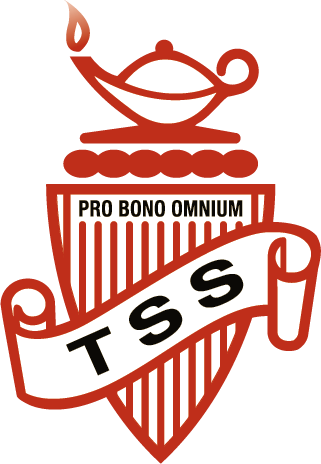Evaluating Internet Sites

HOW TO EVALUATE INTERNET RESOURCES
Choosing an Internet resource that is valid and accurate is not always the easiest task. Almost anyone can create a website and post information on the web, but the facts are not always accurate or correct.
We have consulted a variety of print and non-print resources for tips on how to evaluate websites.
Clyde, Anne. "Evaluating and Selecting Internet Resources," Emergency Librarian, vol. 25, no. 5,
1998 May-June, pp. 32 - 34.
Everhart, Nancy. "Web Page Evaluation," Emergency Librarian, vol. 25, no.5, 1998
May -June, pp. 22 - 23.
Richmond, Betsy. "CCCCCCC.CCC (Ten Cs) for evaluating Internet Resources,"
Emergency Librarian, vol. 25, no. 5, 1998 May - June, pp. 20 -21.
Here are a few questions to ask yourself when examining Internet sites.
Use the information below to help you determine whether a site is as good as it looks.
When required, fill in the ABC Website Evaluation.pdf and submit it with your work.

AUTHOR
- Is there any information about the author(s) of this site?
- Does the information indicate that the person is qualified to write about this topic?
- Does the author have an association with a university, company, or organization?
- Is contact information provided for the author? [i.e. an e-mail address or mailing address]
ADDRESS
- .edu is an education site. This is generally a trusted site that provides different perspectives. Site is evaluated by professionals and the purpose is usually to support and enrich student progress. Note: Not all educational sites have an .edu address [Example: Our school site is: https://media.vsb.bc.ca/docs/009ac7c8-4872-41c2-8917-9bc566eb0a44_BLM 5-8 Section 5.4 Extra P.pdf]
- .org is an organization site. Non-profit organizations benefit the general population. There is usually a mission statement where goals are clearly stated.
- .com is a commercial enterprise or company. The goal of most commercial sites is to gain money. Not all sites are bad, but you must be more cautious in examining the information. There is no guarantee that the information is provided from a knowledgeable or authoritative person. Anyone can post a .com site.
- .gov is a government or government department. Generally trustworthy. Provides factual information.
- .info is for information sites (but is not regulated and not that trustworthy)
- .net is for websites who wanted a .com but could not get one
- .ca is the code for Canada. There are many "country codes that specify country of origin. (Ex. .tv for country of Tuvalu, .iq for Iraq) This may help you narrow
But be cautious. Some country sites may be biased.
Note: The tag or extension of the internet address can tell you a lot about the site. Which site is better? An education site or organization is probably more reliable than a .com site.

BIAS
- Is the information represented from one viewpoint or does it cover many perspectives?
- How much government propaganda is present. Example: ALjazeera.net presents the information surrounding the Iraq war from a much different perspective than CNN)
- Does the site have clear objectives?
- Does it identify its target audience?
- Is the website trying to sell you something? Look at the amount of advertising present. If the page is designed more around the presentation of ads than information then it is a safe bet that the information is minimal.

CURRENCY OF INFORMATION?
- When was the information last updated?
For some subjects [i.e. Science topics] you will require the most current information. - Have any changes occurred in this field of study?
CONTENT
- Does the site cover all aspects of the topic or is there limited information?
- Does the information meet your research needs?
- Is the information at a suitable level? Can you understand the information?
- Are other sources cited?
- Are there other useful links?
ABC Website Evaluation.pdf - print a copy and submit with your assignments, when needed.

